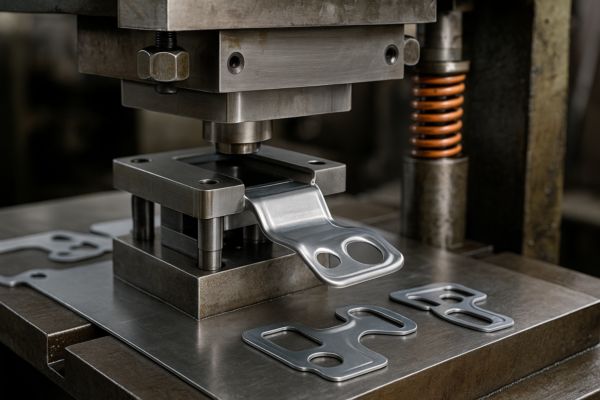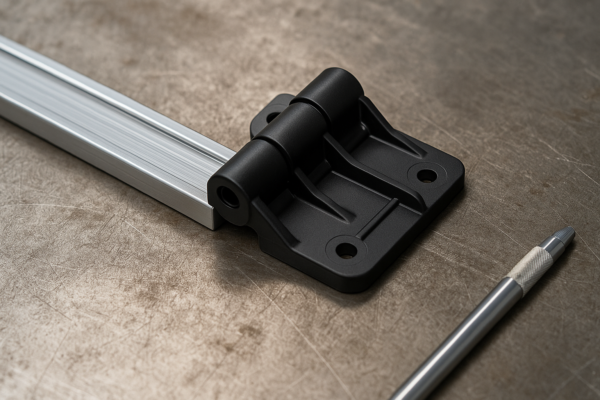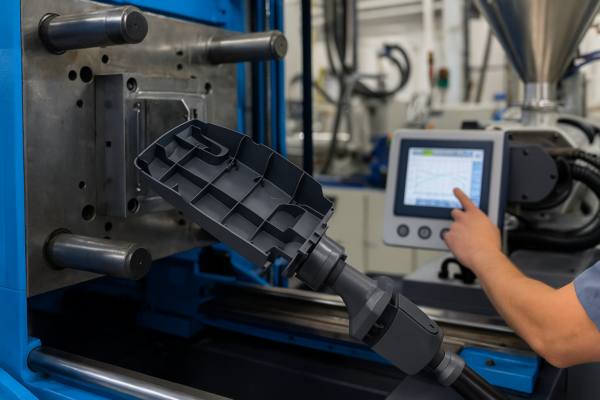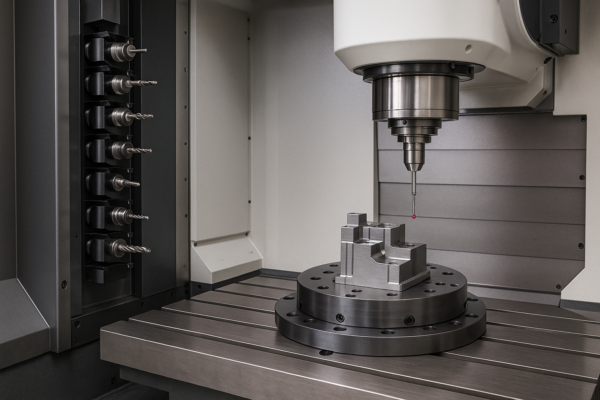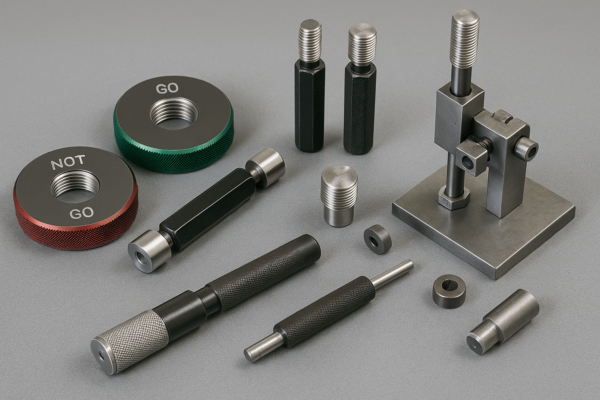What is the strongest metal to forge?
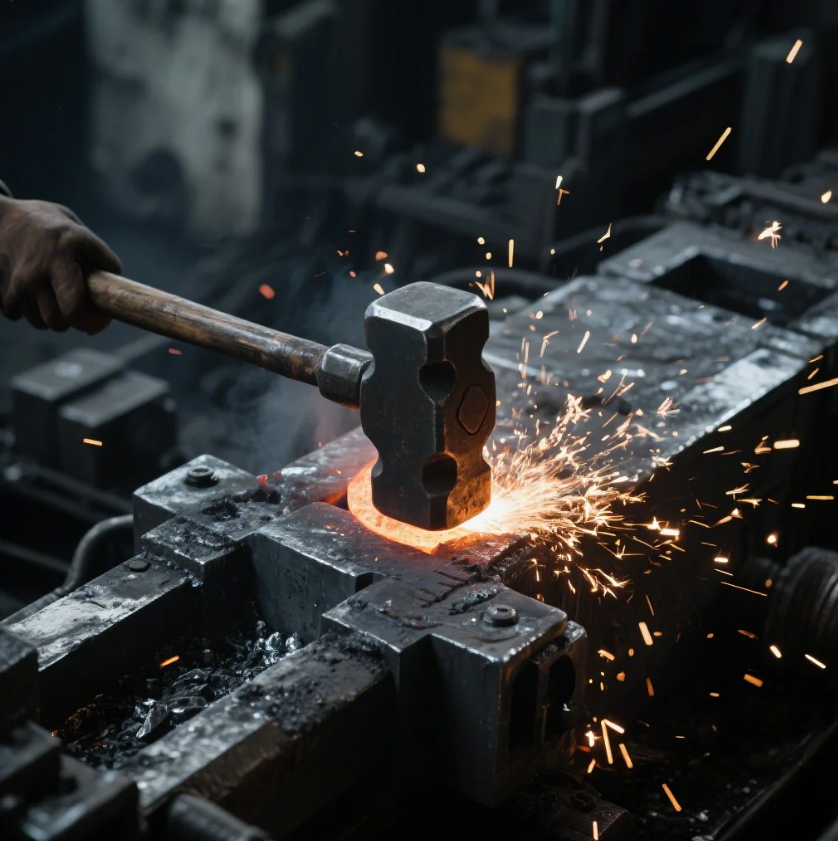
When it comes to metal forging, strength is a key consideration. Whether you’re creating tools, weapons, or industrial components, the choice of metal plays a critical role in the final product’s durability and performance. But which metal is the strongest to forge? The answer depends on the specific application and the properties you require from the material.
Snippet paragraph: The strongest metal to forge depends on the application, but certain metals stand out for their remarkable strength and durability when worked.
In this article, we’ll explore the strongest metals to forge, as well as which metals cannot be forged and which are considered the hardest and most durable.
What is the strongest metal that can be forged?
The strongest metal that can be forged is typically tungsten. Known for its incredible strength and resistance to heat, tungsten is often used in applications that require extreme durability, such as aerospace and military industries.
Snippet paragraph: Tungsten is often regarded as the strongest metal for forging due to its exceptional hardness and high melting point.
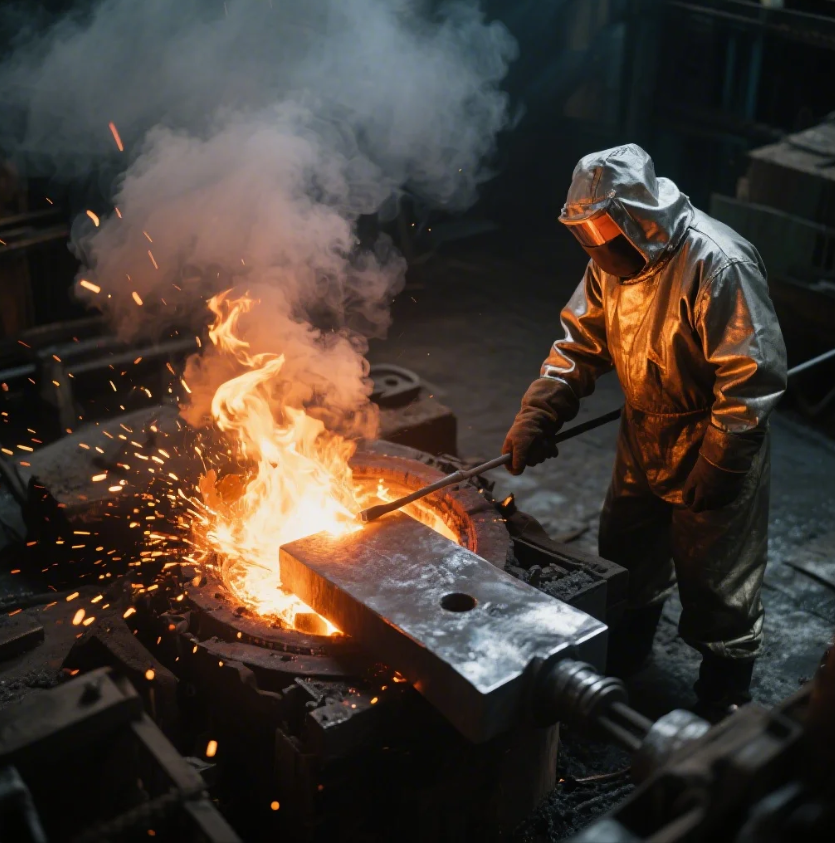
Tungsten: The Ultimate Strong Metal
Tungsten has a tensile strength of around 1510 MPa (megapascals), making it one of the hardest metals on Earth. It also has an extremely high melting point of about 3422°C (6192°F), which allows it to withstand extreme heat and pressure without deforming.
- Forging Tungsten: Tungsten can be forged, but it requires specialized equipment due to its high melting point and hardness. Traditional forging methods are often not sufficient, and high-tech furnaces are needed to heat the metal properly.
- Uses of Tungsten: Because of its strength, tungsten is used in applications such as high-performance tools, rocket nozzles, and electrical contacts.
Other Strong Metals for Forging:
- Titanium: Titanium is also incredibly strong and corrosion-resistant. It’s often used in aerospace, medical, and military applications due to its strength-to-weight ratio.
- Steel Alloys (High Carbon Steels): Steel alloys, particularly high-carbon steel, are among the most commonly forged materials due to their versatility, hardness, and ability to hold an edge.
What metals cannot be forged?
While most metals can be forged under the right conditions, some are not suitable for forging due to their inherent properties. These metals either lack the required malleability or have melting points that make them difficult to work with using traditional forging methods.
Snippet paragraph: Some metals cannot be forged due to their brittleness or extreme melting points, making them unsuitable for typical forging processes.
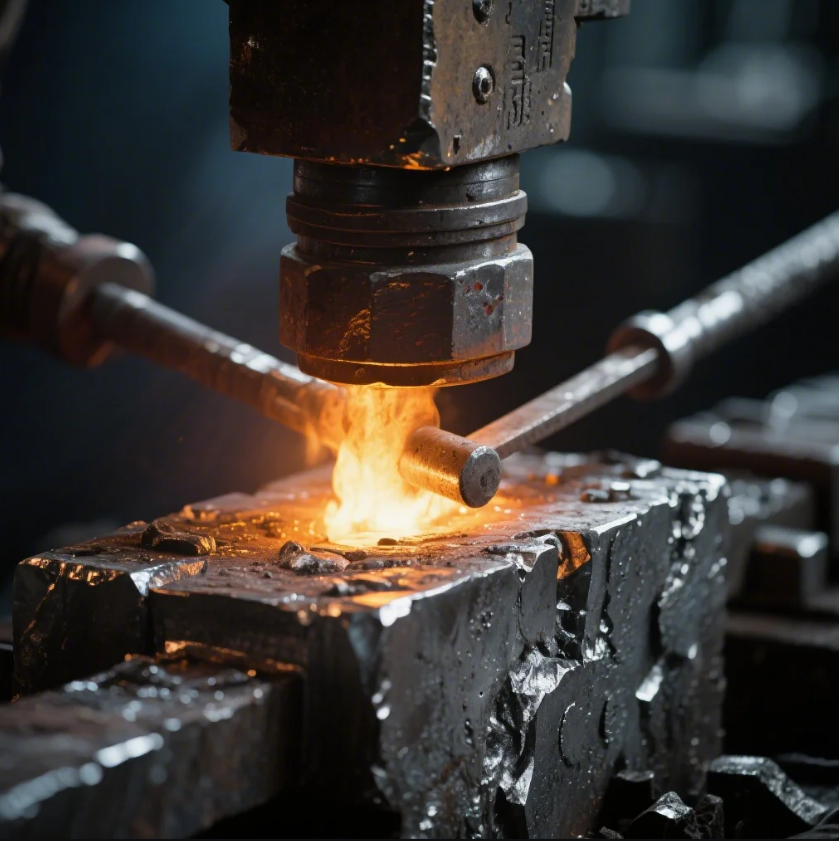
Metals That Cannot Be Forged:
- Mercury: As a liquid at room temperature, mercury cannot be forged. Its properties make it unsuitable for traditional metalworking processes.
- Lead: While lead is a soft metal, it is highly toxic and not typically used in forging. Its low melting point makes it impractical for forging into solid shapes.
- Bismuth: Bismuth has a low melting point and is brittle in its solid form, making it unsuitable for forging.
- Aluminum (in pure form): Pure aluminum is relatively soft and can be forged, but it is often not suitable for heavy-duty applications unless alloyed with other metals to increase strength.
Why These Metals Can’t Be Forged:
- Brittleness: Some metals, like lead and bismuth, are too brittle to withstand the forging process.
- Low Melting Points: Metals like mercury and lead have melting points that are too low to make forging practical, as they would liquefy under the heat of typical forging conditions.
- Toxicity: Some metals are avoided due to their toxicity or harmful environmental impacts.
What is the strongest fake metal?
While we typically associate metals with naturally occurring elements, there are synthetic or "fake" metals created in laboratories or factories. These metals are often engineered to be stronger than natural metals and are designed for specific applications.
Snippet paragraph: While not naturally occurring, synthetic or "fake" metals like graphene and certain alloys offer extraordinary strength and properties.
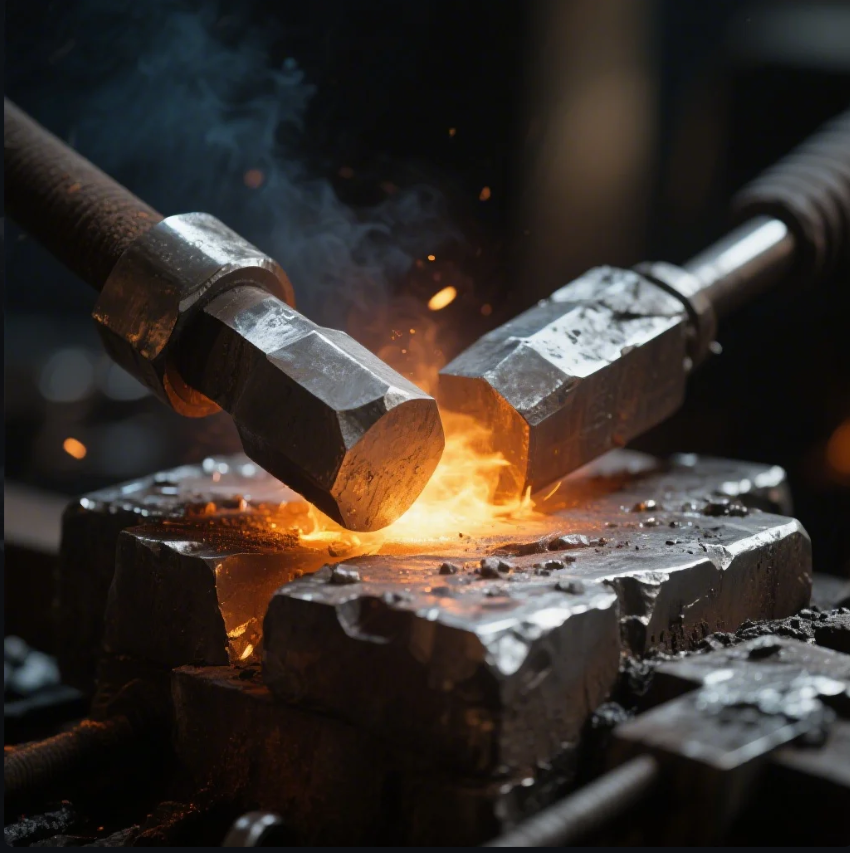
Graphene: The Strongest "Fake" Metal
Graphene is often considered one of the strongest synthetic materials. While technically a form of carbon, it is often referred to as a "fake" metal due to its engineered, ultra-strong, and thin structure. Graphene is a single layer of carbon atoms arranged in a two-dimensional lattice, and its strength-to-weight ratio is far superior to many traditional metals.
- Strength: Graphene is approximately 200 times stronger than steel, making it incredibly strong despite its light weight.
- Applications: Due to its exceptional strength, graphene is being explored for use in everything from electronics to advanced composites in the aerospace and defense industries.
Other Strong Synthetic Materials:
- Carbon Nanotubes: These are cylindrical molecules made of carbon atoms and are known for their strength and durability.
- Titanium Alloys: Titanium alloys can be created with a higher strength than pure titanium, offering excellent performance in high-stress environments.
What is the hardest forged steel?
When it comes to forged steel, the hardest variety is typically high-carbon steel. This steel contains a higher percentage of carbon than standard carbon steel, making it harder and more durable once forged.
Snippet paragraph: High-carbon steel is the hardest type of forged steel, known for its strength and ability to hold a sharp edge.
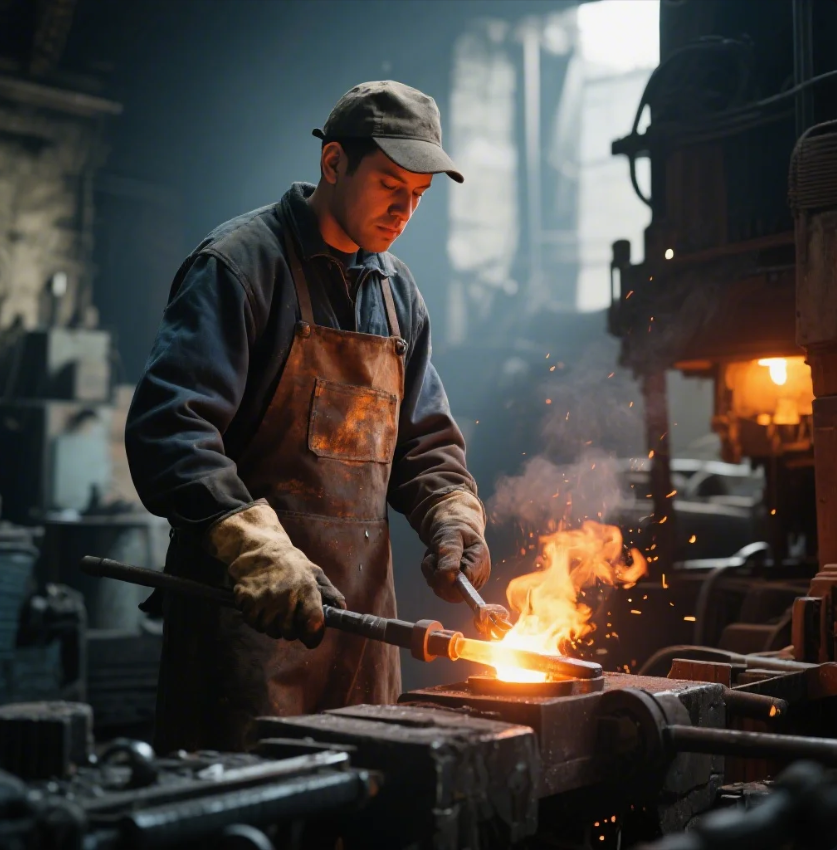
High-Carbon Steel: The Hardest Forged Steel
- Carbon Content: High-carbon steel typically contains 0.6% to 1.0% carbon. This high carbon content increases hardness, but it also makes the steel more brittle, which is why it must be carefully tempered after forging.
- Forging Process: High-carbon steel can be forged into tools, knives, and other items that require a sharp edge or high strength. It is typically forged using traditional techniques and then heat-treated for optimal hardness.
Other Hard Forged Steels:
- Tool Steel: Tool steel is a type of high-carbon steel alloyed with other metals like tungsten, molybdenum, or vanadium. This makes tool steel ideal for cutting tools, dies, and other high-performance items. It is extremely hard and can withstand high wear and heat.
- Damascus Steel: Known for its beautiful patterns, Damascus steel (a combination of multiple types of steel) is known for being both hard and flexible, making it a popular choice for custom knives and swords.
Hardness and Tempering:
| Steel Type | Hardness (Rockwell C Scale) | Applications |
|---|---|---|
| High-Carbon Steel | 58-65 HRC | Knives, cutting tools |
| Tool Steel | 60-65 HRC | Dies, machining tools |
| Damascus Steel | 58-61 HRC | Swords, custom knives |
Conclusion
The strongest metal to forge is typically tungsten due to its remarkable strength and high melting point. However, other strong metals like titanium and high-carbon steel also offer exceptional strength in various applications. Metals like mercury, lead, and bismuth cannot be forged due to their brittleness or low melting points. Synthetic metals, such as graphene, are engineered for extreme strength and hold the title of the "strongest fake metal." When it comes to forged steel, high-carbon steel and tool steel are among the hardest and most durable materials available.
Understanding the properties of different metals and alloys is essential when choosing the right material for forging, whether you’re making tools, weapons, or industrial components.

